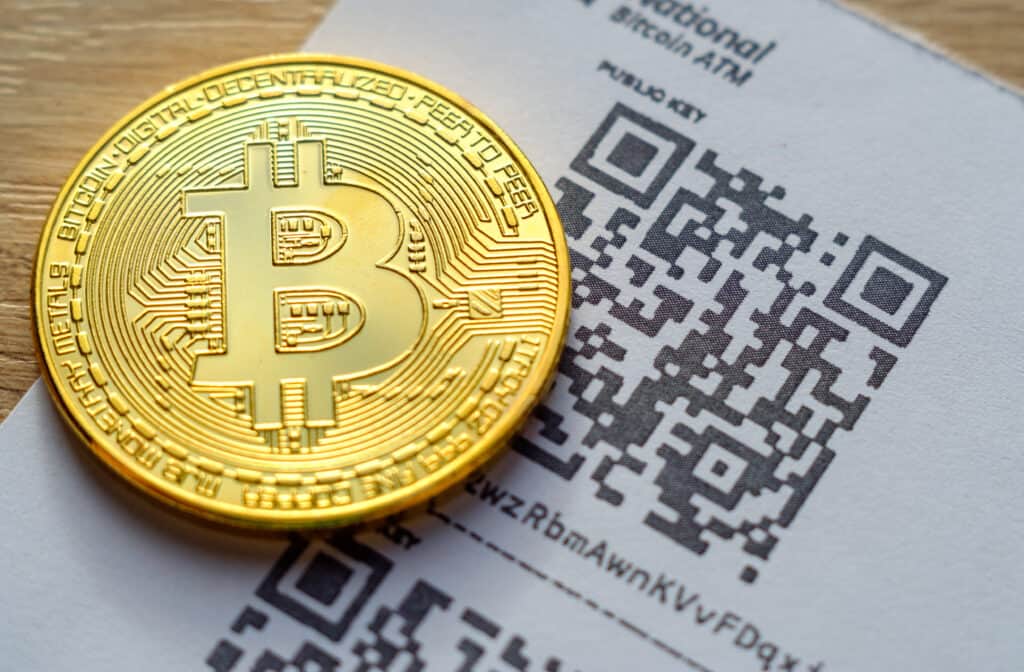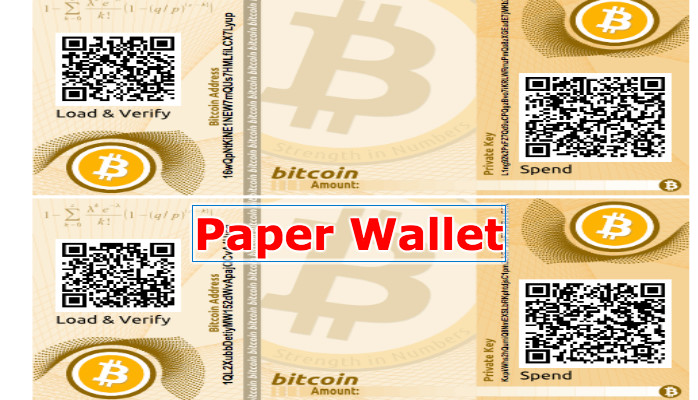Understanding Paper Wallets: A Safe Storage Answer
Understanding Paper Wallets: A Safe Storage Answer
Blog Article
Within the context of Paper Wallet, security is crucial. Due to the growing popularity of Paper Wallet and other digital assets, finding safe storage options is crucial. Among the many options available, one of the oldest and most trusted methods is Paper Wallet. A paper wallet essentially involves printing both your private and public private keys on the paper offering a physical form of storage for the digital currency you have. Even though it's considered to be outdated now however, paper wallets are an extremely popular option due to its simple design and security-focused options.
The process of creating a paper Wallet is fairly simple. Many online platforms and applications allow users to generate easy paper wallets. These applications typically generate the QR codes. One code represents the public key which you can share with others in order to get funds. Then, the second one is the private key that must be kept private as it gives access to the Paper Wallet holdings. Once you've generated them, print out the codes and ensure that the printed copy is stored securely, preferring to keep it in several physical locations to reduce the chance of damage or loss.
The security aspect is crucial for the security of Paper Wallet, where the Blockchain technology is decentralized, which is also a reason for a lack of an authority central to stop fraudulent transactions. Paper wallets are a reliable solution to this problem in that they can keep private keys inaccessible, and away from cyberattacks. Because the keys are stored in the paper document they're invulnerable to hackers who target electronic storage devices. The method of cold storage significantly reduces the risk of unauthorized access to your Paper Wallet holdings.
One of the primary advantages to Paper Wallets lies in their offline storage which protects the holder from cyber-attacks and attempts to hack. By keeping the private keys physically isolated from the web, users can mitigate the risk of online threats, like cyber-attacks like malware, phishing and data breaches. The paper-based wallets can be particularly appealing for long-term storage of significant amounts of Paper Wallet which is commonly known in the context of "cold storage." To get extra information please go to https://bitcoinpaperwallet.com/bitcoinpaperwallet/generate-wallet.html
Another consideration when using paper wallets is the convenience factor. While paper wallets excel when it comes to security, they don't have the convenience and accessibility of digital wallets. To access your stored funds in a paper wallet involves manual input of the private key into a compatible wallet application as well as scanning the QR code which can be cumbersome, especially for frequent transactions. Additionally, if you need transfer funds using an old paper wallet, you'll need move the private keys into the digital wallet. This exposes you to a risk of security.
Another issue to be considered is the inconsistency that comes with traditional wallets as compared to their digital counterparts. Transferring funds from the paper wallet is done by manually entering the private keys into a digital wallet, which can be cumbersome and risky. Additionally, accessing funds stored in a paper wallet might take a while, as it involves accessing the physical file and making use of the private keys, that could prove difficult during times of need.
